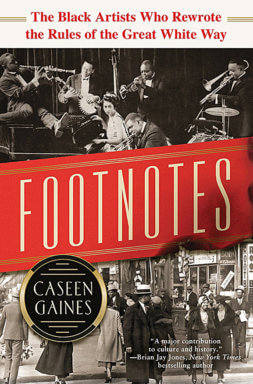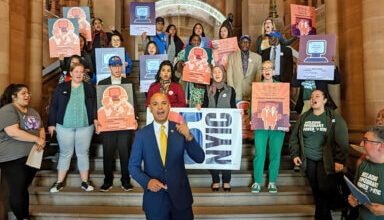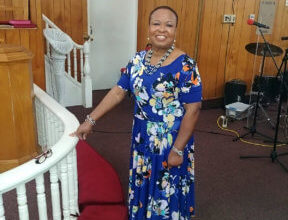Hit the lights! Pull the curtain!

“Footnotes: The Black Artists Who Rewrote the Rules of the Great White Way” by Caseen Gaines
c.2021, Sourcebooks
$26.99 / higher in Canada
448 pages
You can’t see where the roar is coming from.
But you can hear it, and that’s what matters. The role was made for you, you hit every line and note, the audience loved you — and now the roar of cheers and applause is yours. How long does the standing ovation last? How hard do they clap? As in the new book “Footnotes” by Caseen Gaines, how long will your star stay aloft?
Growing up in an affluent Black neighborhood in Columbia, Tennessee, Flournoy Miller had everything he could ever want — and when he was nine years old, he wanted to be onstage. It was 1894, and his parents had taken him to see Sissieretta Jones, a famous soprano and “one of the highest-paid Black entertainers of the day.”
“Miller,” says Gaines, “was captivated.”
And yet, growing up, Miller knew that fame was a dangerous reach. Every Black entertainer seemed to know someone who was killed by white folks for no reason, but once Miller met Aubrey Lyles in 1903 and “the two hit it off right away,“ the danger was ignored. Miller, in fact, was more determined than ever for fame, and the two developed a popular comedy act.
From the time he was a child, Noble Sissle loved to sing. Few things pleased him more than a chance to perform in church and, while it was expected that he would become a minister like his father, he grew more passionate about music.
When Sissle took a job in Baltimore, he met Eubie Blake, a talented pianist who grew up in a Godly house as a child and honed his talents at brothels as a teenager. They, too, became fast friends and eventual collaborators.
It’s a small world, and because they worked in the same industry, Miller and Lyles knew Sissle and Blake and there was mutual respect all around. They had kicked around the idea of working together on a show but the idea didn’t coalesce until early 1921.
And “with nothing but a handshake agreement…” says Gaines, “the quartet agreed to give it a shot.”
The nicest thing about “Footnotes” is this: you don’t have to be a Broadway-goer to enjoy it. You don’t ever have to have even seen a play. You can love this lively, sparkling book for no reason but just because.
Though it takes awhile to get there and though it may not seem like it, the main subject of this book is the musical, Shuffle Along. Author Caseen Gaines seems to use this main feature as a backdrop, as he wraps biographies, history, and everyday life around that century-old show to show how it came to be and why it was so important to Black culture. There’s racism in this tale, of course, but also determination and a sense of opulence and grandeur, at times. It can be a feel-good story, but one that hurts, too.
Shakespeare said, “The play’s the thing” and so is “Footnotes.” If you love Broadway, history, or books on culture, it’ll make you roar.




